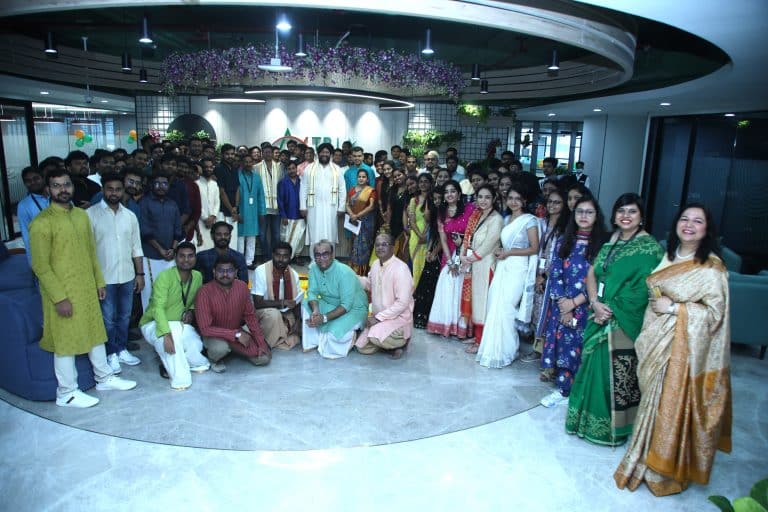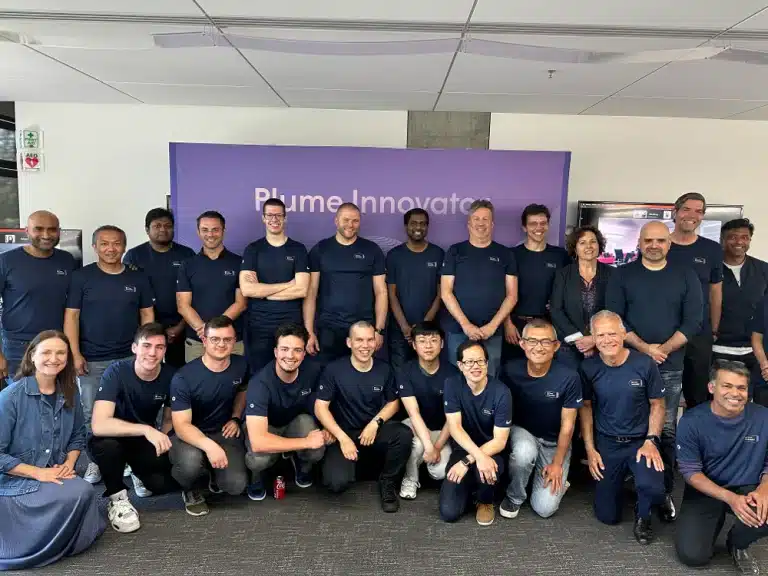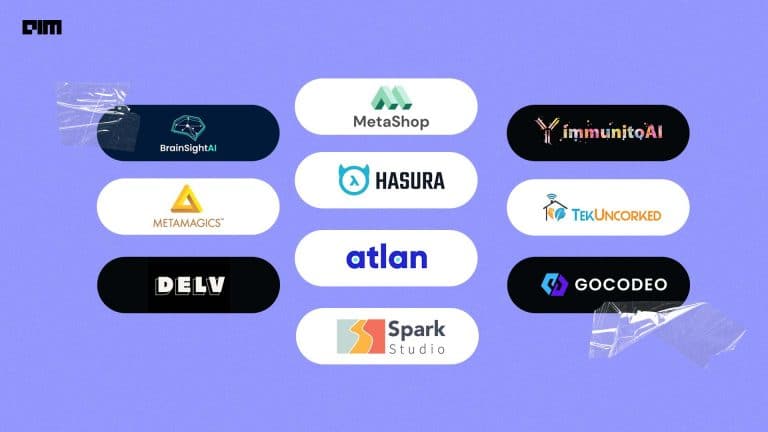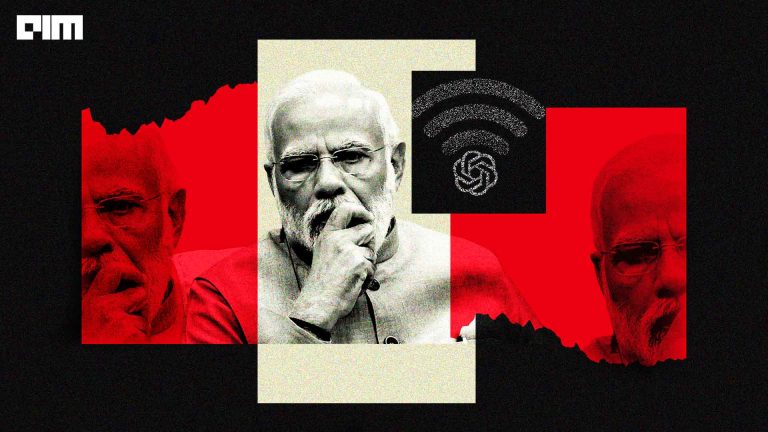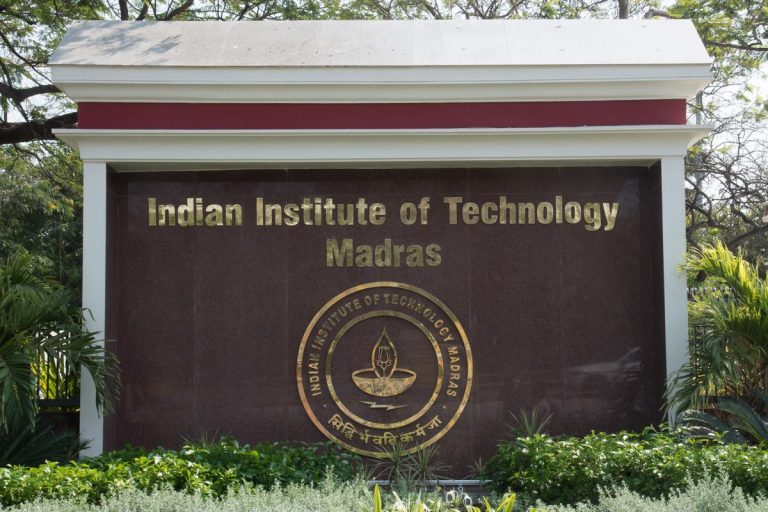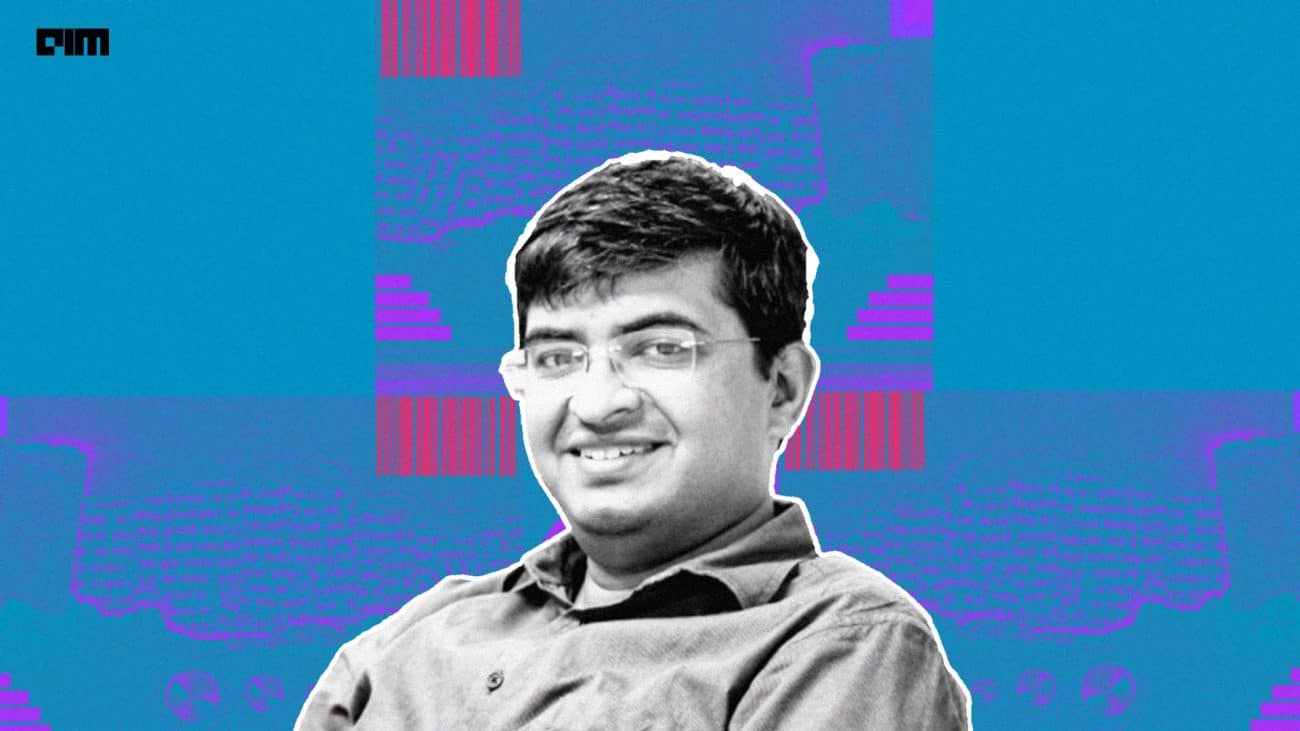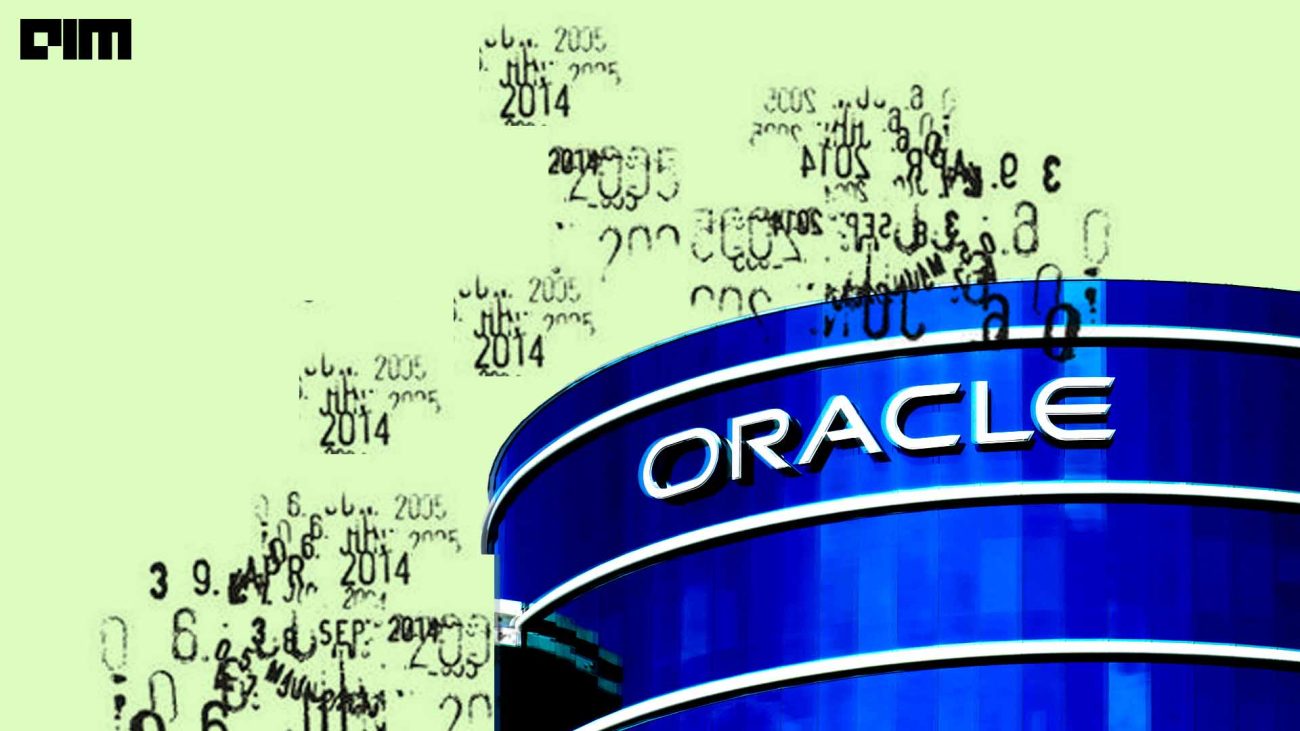The year could not have been any better for AI and analytics startups. It started with Mumbai and New York-based Fractal Analytics joining the unicorn club after raising $360 million funding from TPG Capital Asia, a private equity fund.
It is said to be spending the capital on research and development, particularly in the areas of quantum computing, computational neuroscience and development of AI products, alongside mergers and acquisitions.
Last week, Fractal acquired a cloud and data engineering company Neal Analytics for an undisclosed amount. With its latest acquisition, Fractal looks to enable clients to enhance its AI engineering capabilities and cloud-first offerings on Microsoft multi-cloud ecosystem. Also, it looks to expand its presence in the Pacific Northwest, Canada, and India.
In June last year, Fractal acquired Samya.AI, a revenue growth AI company that brings the power of deep learning. Besides these, the company has also acquired other analytics and AI companies, including Zerogons, FinalMile, 4i, Inc., Imagna Analytics, and Mobius Innovations. In August 2021, it invested about $14 million in a conversational AI startup called Senseforth.
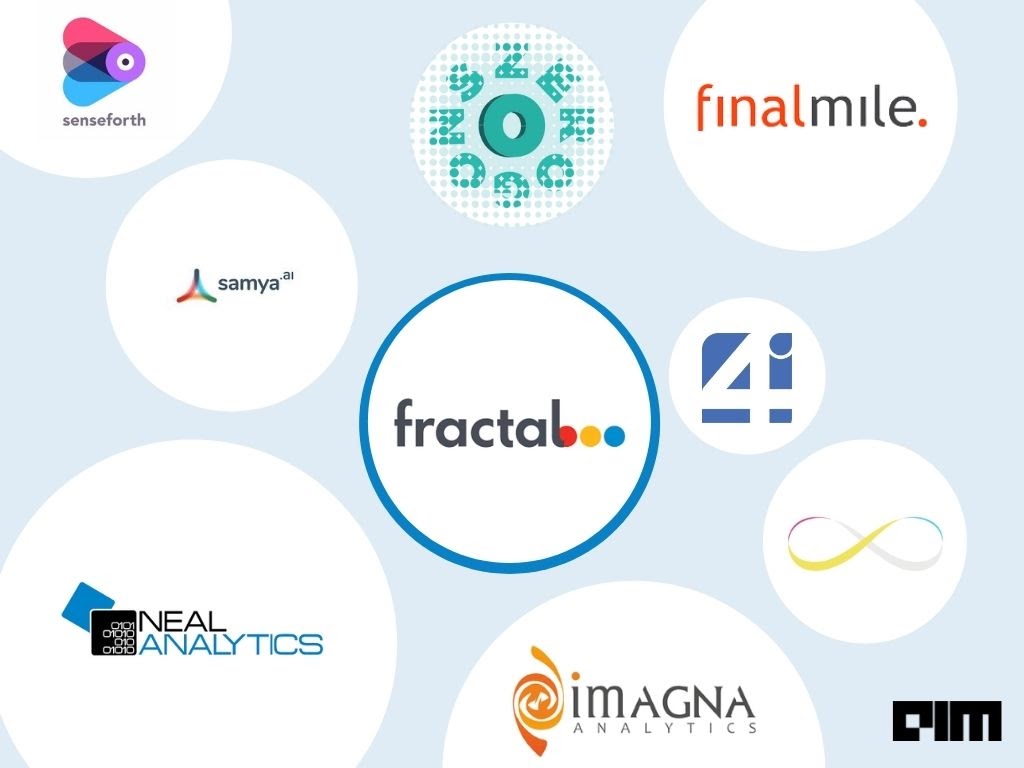
Enters pure-play analytics & AI unicorn
Founded in 2000, Fractal was started by Pranay Agrawal and Srikanth Velamakanni. It is perhaps the only pure-play analytics and artificial intelligence startup to have attained unicorn status recently, amid a slew of tech-focused unicorns. The company offers artificial intelligence and analytics services to several Fortune 100 firms, including Google, Microsoft, Qualcomm and Twitter, among others.
In an interview with Analytics India Magazine, Srikanth Velamakanni, co-founder and CEO of Fractal Analytics, said they are just getting to the end of the first chapter of AI. He said that everything in the world would be infused with AI, and all the decisions would be augmented with analytics or algorithms that AI builds – eventually getting automated – freeing up time to do bigger and better things.
Impact on Indian AI landscape
Fractal chief believes that India will provide the talent for the AI revolution in the next few years and aims to create that talent in the country. “Some of the talents will automatically be created across many companies, but we want to be a net creator of talent,” said Velamakanni.
To bridge the talent gap, Fractal has developed a programme called the Imagineer. With this initiative, the company looks to hire several bright candidates across the country, alongside educating them on the basics of AI. It is also looking to build a crossover programme for IT professionals who aspire to start a career in data science and AI. The company has also partnered with Plaksha University, training young talent in data science and AI in India.
Velamakanni believes that education and entrepreneurship is the future of this country. Lately, he has been mentoring entrepreneurs in the deep tech space in an attempt to attract and encourage entrepreneurs and hopefully do business.
In line with this, Fractal has gone a step further by setting up ‘Idea to Business,’ an entrepreneur-in-residence programme, where its employees can bring ideas to life. Velamakanni said this programme aims to find entrepreneurs with good ideas internally by providing time, space, money, and other resources.
“Once the ideas are in some shape, we can then take them to create a business out of that, or hive it off as a separate unit,” said Velamakanni. Further, he said that the entrepreneurs would also have an equity stake in that company and start building products. “We expect these businesses also to raise their capital,” he added.
Fractal said it would provide seed funding, pre-series, and even Series A, but expects these companies to raise capital from Series B onwards as it offers good external market validation.
Spotlight on analytics & AI startups
Of late, there has been a lot of buzz around analytics and AI startups, especially among investors, venture capitalists, and private equity firms. Plus, many analytics companies are foraying the IPO route for capital. Many companies are also looking at mergers and acquisitions to enhance their analytics and AI capabilities.
Earlier this week, California-based Pixis (previously known as Pyxis One) raised $100 million in Series C funding from SoftBank, alongside General Atlantic and other existing investors, including Premji Invest, Celestra Capital, and Chiratae Ventures. Last year, Sigma Computing also raised $300 million in funding led by D1 Capital Partners and hedge fund XN, along with existing investors like Altimeter Capital, Sutter Hill Ventures and Snowflake Ventures, the investment wing of data warehouse company Snowflake Inc.
The list goes on and on. Last year, pure-play data analytics company LatentView Analytics forayed IPO route, valued at INR 600 crores. Meanwhile, Course5 Intelligence, a data analytics and insights company, has filed preliminary documents with SEBI to raise INR 600 crore via IPO.
In terms of mergers and acquisitions, last week, survey platform Voxco acquired a data-driven analytics company Actify Data Labs. In the same week, HCL Technologies acquired data engineering firm Starschema. Last year, edtech startup Masai School acquired Delhi-based Prepleaf, an end-to-end placement preparation company that focuses on data analytics, for $1 million (INR 7.5 crore).
According to Gartner, the global AI software revenue is expected to touch $62.5 billion in 2022, a 21.3 per cent increase compared to last year. The report further stated that the top use cases for AI software spending in 2022 would be in the areas of knowledge management, virtual assistants, autonomous vehicles, digital workplace, crowdsourced data and others.
With the latest entry of Fractal into the unicorn club, the investors and entrepreneurs affinity towards analytics and AI is becoming more and more clearer. “I feel this is just the end of the beginning because AI has been in its infancy for a very long time,” said Velamakanni. Further, he said, only ten years ago, we really started to see the potential of AI to transform human lives. “It is the first end of the first ten years of what would be a 100-year journey from here,” concluded Velamakanni.








